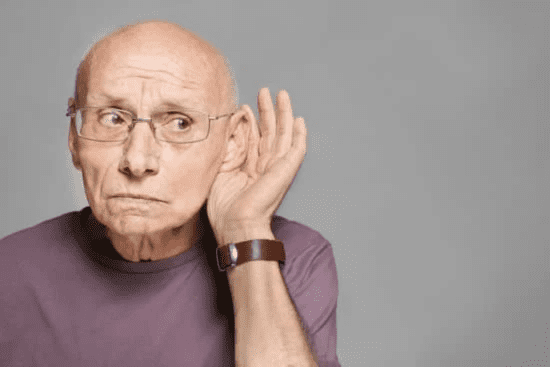
Daily Habits to Improve Auditory Quality and Reduce Tinnitus
Auditory health plays a crucial role in our overall well-being, and preserving hearing is essential for a satisfactory quality of life. This article highlights daily habits and practical tips that can be incorporated into a routine to enhance auditory quality and reduce the discomfort of tinnitus.
Hearing Protection Practices:
– Adopting hearing protection measures is fundamental to preserving ear health. Using earplugs in noisy environments, such as loud workplaces or sporting events, can prevent damage caused by excessive noise. Additionally, when attending concerts or engaging in activities involving exposure to high sound levels, the use of custom earplugs can provide an additional layer of protection.
Relaxation Techniques:
– Stress and anxiety can contribute to tinnitus. Incorporating relaxation techniques, such as meditation and deep breathing, can help reduce tension and promote a relaxation response that benefits auditory health. Regular practice of these techniques not only improves sleep quality but also lowers blood pressure, benefiting blood circulation in the ear.
Healthy Lifestyle:
– Maintaining a healthy lifestyle has positive implications for auditory health. Adopting a balanced diet rich in essential nutrients, such as vitamins and minerals, contributes to overall health, including auditory health. Additionally, regular physical exercise promotes proper blood circulation, benefiting the auditory organs.
Control of High-Sound Exposure:
– Avoiding prolonged exposure to loud sounds is crucial for preventing hearing damage and tinnitus. Reducing the volume of personal audio devices, such as headphones, and taking breaks during noisy events can minimize the risk of auditory injuries.
References
- American Speech-Language-Hearing Association. (2022). Hearing Protection.
https://www.asha.org
[2] Ménière’s Society. (2022). Relaxation.
https://www.menieres.org.uk - World Health Organization. (2015). Make Listening Safe.
https://www.who.int - National Institute on Deafness and Other Communication Disorders. (2022). Noise-Induced Hearing Loss.
https://www.nidcd.nih.gov
Privacy Policy | Terms Of Use | Medical Disclaimer | FTC Disclosure | Advertising Disclosure | Editorial Policy | DMCA Policy
Note: Results may vary about any product effectiveness. The information contained in this website is provided for general informational purposes only. No medical claims are implied in this content, and the information herein is not intended be used for self-diagnosis or self-treatment of any condition.
Disclaimer: All content published on our website Trusted Health Reviews is for educational and informational purposes only and does not substitute for professional medical advice from a physician or other healthcare professional. If you have a specific health question or concern, consult a qualified medical professional, and in case of emergency, contact local emergency services immediately. The editors of this site and its content do not assume any responsibility for health problems or injuries resulting from following advice found in articles, reviews, or other content on our site. All opinions expressed on this site are those of Trusted Health Reviews, the owners of this site. Many of the products and services featured on our affiliate site are selected by our editors, meaning we may receive paid commissions on many products purchased through links to affiliate retailer sites. All trademarks, registered trademarks and service-marks mentioned on this site are the property of their respective owners. Your use of this website indicates your agreement to this websites published terms of use and all site policies. Please see our Medical Disclaimer for more information. Any use of this site constitutes your agreement to the Terms of Use and Privacy Policy mentioned here.
Email: contact@trusted-health-reviews.com
Copyright © 2023 All Rights Reserved
